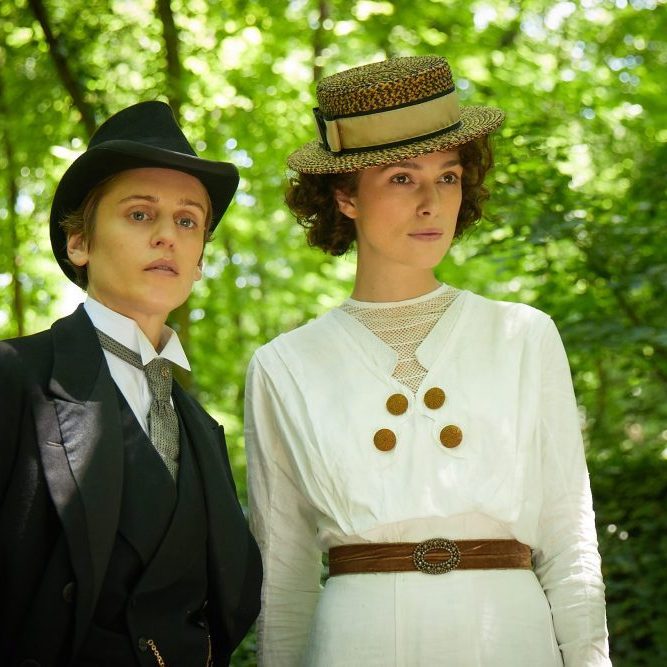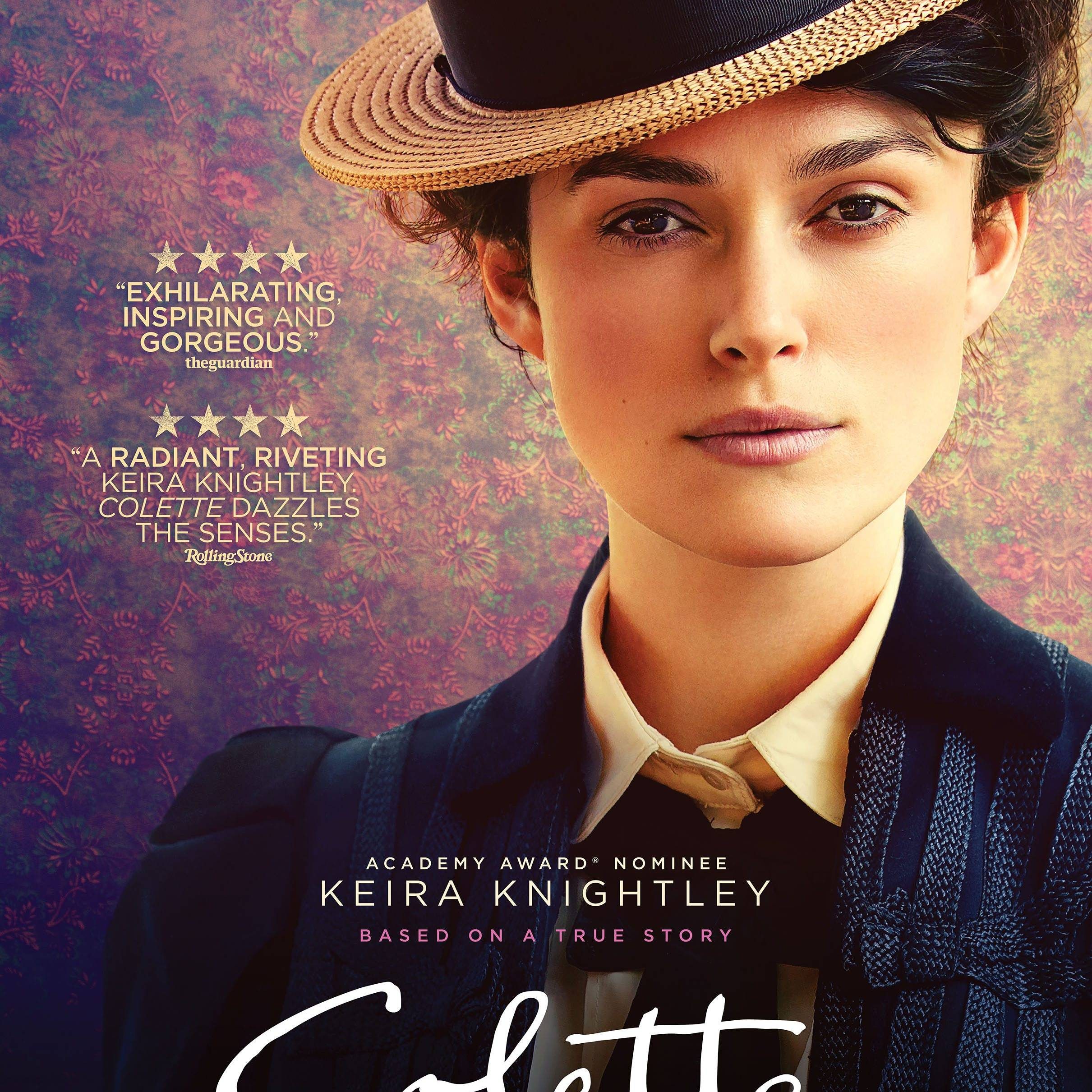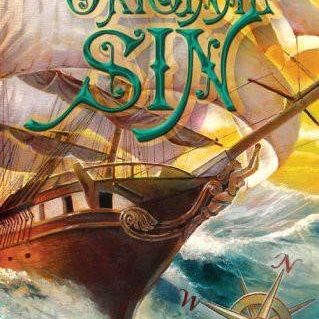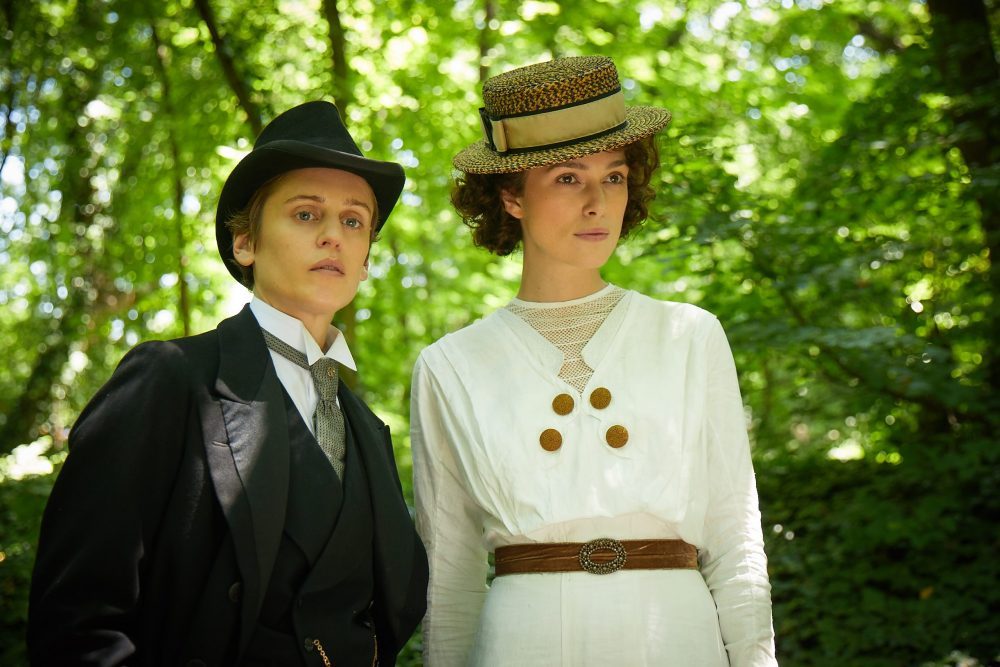
There’s a lot to love about riveting new period drama Colette – the sumptuous Parisian setting, the plethora of sapphic shenanigans, Keira Knightley wearing the hell out of a trouser suit…
But the thing that really made me fall for this gem of a film is that it’s as inspiring as it is visually stunning. Colette tells the true story of the groundbreaking French writer, who wasn’t afraid to defy early twentieth-century convention and live authentically, sensuously and fearlessly.
When I speak to Leeds-born director Wash Westmoreland, I’m immediately struck by his warmth, candour and obvious passion for queer storytelling.
As a queer filmmaker, how important is it to you to tell queer stories?
Oh, it’s very important, for both Richard Glatzer, my writing partner and late husband, and I. Colette manages to hit L, G, B, T and Q – it’s all five letters in one movie! For us, the appeal of the material was all wound up in the queering of history, the queerstory of Colette.
You really queered every aspect of the storytelling process! With the casting, you have trans actors like Jake Graf and Rebecca Root playing cisgender roles.
I went to a trans casting workshop that was part of the BFI Flare festival. Many of the trans actors were saying how important trans visibility is for trans people to tell their own stories. But also, how they didn’t want to be limited to only playing trans roles and that they would welcome the chance to play cisgendered parts. This set a light bulb off in my head.
This approach to casting seemed to fit in with Colette’s philosophy, which was about not following established rules, but just doing what felt natural.
There’s a lot of discussion at the moment about whether straight or cis actors should play queer parts. In Colette, it seemed to me that you created a world where everyone could play everything.
For a long time, straight actors have had the pick of the litter. It’s all about exploding that model, finding the roles where it is critical to cast a person who can tell their own story – Fantastic Woman was a landmark in trans casting – and then also casting a broader net, with trans people playing cis parts or being more racially colourblind with casting.
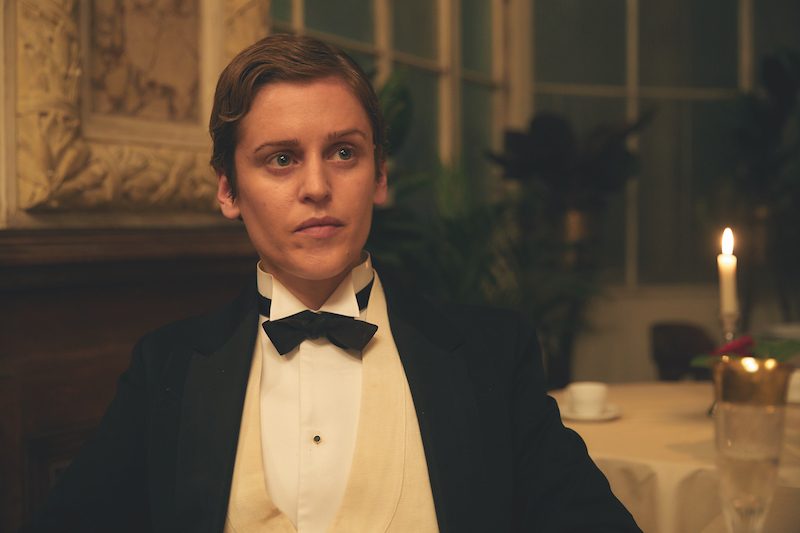
What was the process for casting the role of Colette’s lover Missy?
It took about a year. I have never put so much thought into casting a role in my whole career. I knew it was important to get it right. The first thing I did was start working with trans consultant Christine Clark, both on the script and on the casting process. The second thing was research. Jack Halberstam wrote about how the difference between butch lesbian and trans man wasn’t constructed at this point in history, so you’re looking at a different type that led to the development of both of those communities. One thing we do know is that Missy had the body of a cis-gendered woman. We went to several out lesbian actors originally and for various reasons, they couldn’t do it. So we started doing open auditions and they were open to everybody – trans people, non-binary people, cis-gendered people, lesbians, straight people. It was Denise Gough that nailed it, but it was a level playing field for every person we considered.
Am I right that in real life Missy and Collette used both masculine and feminine pronouns with each other in their love letters?
Predominantly they used female indicative grammar, so they feel very much like lesbian love letters. But then occasionally Colette would deliberately choose masculine grammar to address Missy, often in a very affectionate way. They were just doing what felt natural to them, which is really inspiring.
You also had queer people consulting on the sex scenes. What exactly does that involve?
I spoke to Jack Halberstam, who talked about the hand as a sexual organ. The hand can be an incredibly intimate sexual organ that can be used to stimulate a partner in a way that a penis just couldn’t even approach. And so we based the sex scene between Colette and Missy around Missy’s hand and around Colette receiving a new level of pleasure, which she had not received from her experience with her husband Willy (Dominic West). There’s a scene where Willy’s musing whether Missy’s a man or woman. He asks Colette, “Is something missing?” And Colette goes, “What do you mean?” The way Keira delivered it, she just gave this look like, “No, it’s not all about you and your big man dick. It’s actually about two people who are connecting their physical bodies in the most intimate and spectacular way.”
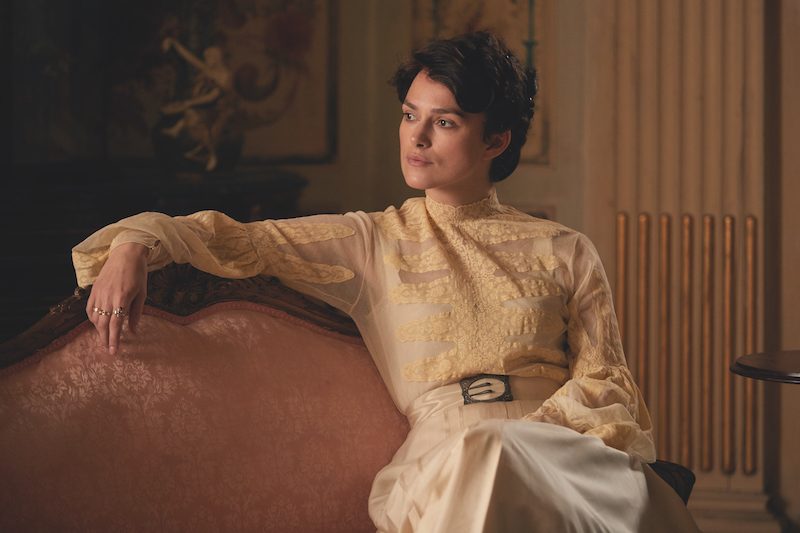
I loved that moment! Were you conscious about making sure the sex scenes weren’t too male gaze?
Often in movies, lesbian scenes are about a display for male titillation. That comes from that perception Willy had that sapphic love, as it was referred to at the turn of the century, was essentially this object of erotic contemplation for a gentleman. We didn’t want the sex scenes to have any tinge of “this is for the man”. No, it’s about those two women.
I’ve seen a lot of reviews talking about how relevant Colette is in our post-Me Too era.
People say, “Oh, it’s extraordinarily relevant to today”. I’m like, “It’s extraordinarily relevant to the last 10,000 years!” It is a story of a woman whose voice is being suppressed. Her work is being stolen and she’s struggling to get out from under a giant male ego. I hope women in the audience will connect to Colette and maybe if they’re facing something tough in their life a few days later, think, “I’ll do a Colette.”
It took you a long time to get this film made. Do you think that was partly because of attitudes towards queer stories and women’s stories?
Absolutely. Richard and I wrote this in the summer of 2001. Every time we’d take a meeting, people would say, “Oh, that sounds very niche”. It was amazing to us that what Colette was doing 100 years before was still too radical for mainstream film production in the 21st century.
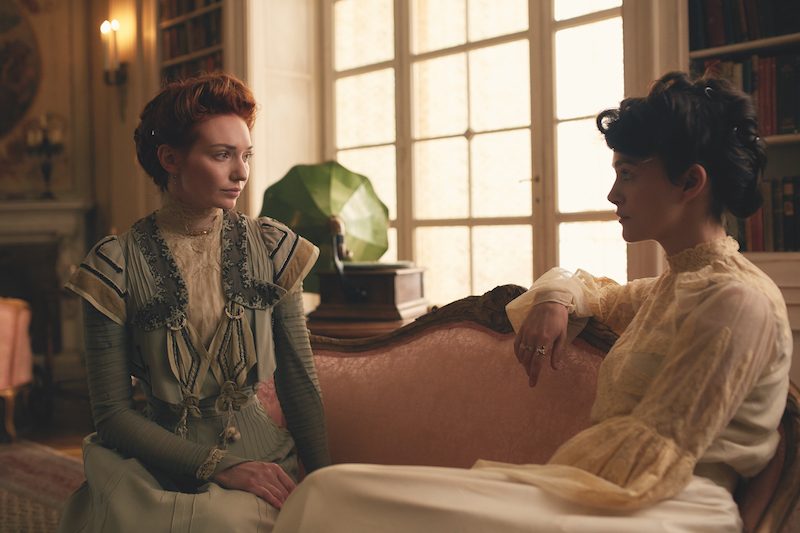
That’s staggering and a bit frightening. I love that you and Richard believed in the project for such a long time though. How did you two get together?
I met Richard at a party. We hit it off and spent all night talking. I moved in that night, which is something that even impresses my lesbian friends! Then we spent 20 years together and just lived and breathed movies. We were totally skint. We’d work part-time jobs so we could keep our dream alive and write screenplays. We got to make some films together, which was the most exciting thing of all. Then Richard started lisping. It was the first symptom of ALS, which is motor neurone disease. There are no real medical treatments and it’s just a terrifying thing to go through. I was like, “Let’s give it all up, travel around the world and enjoy life”.
And he said, “No, we’ve got to keep making movies”. In the last four years of his life, we made two films, the last of which was Still Alice. Just before he passed, he got to see Julianne Moore win the Academy Award for it. When I think back on his passing, I think at least he got to see that. We were in the intensive care unit when it happened, and afterwards, I said to him, “What do you want to do next?” He was just typing with his toe at the time and he typed “Colette”. And I was like, “Yeah, we’ve got to finally do our dream project. We’ve got to do Colette.” After I came through the darkest phases of the grief, I thought this was a way to keep his legacy alive. While I was making the film, I was very conscious that he was around. I dreamed about him all the time and even had arguments with him in my mind. Basically, I still co-directed the movie, because I had so many of his philosophies and ideas about the film in my mind. I think I always will.
Thank you so much for sharing that story. And my god, well done.
After Richard passed, I tried to write on my own and I was having a really hard time. I started working with Rebecca Lenkiewicz, who worked on Disobedience. She’s this incredible creative life force. She brought so much to the final version of the script. It was really a three-hander at the end. I can’t be Willy and claim credit!
Yes, let’s not erase the woman’s voice!
Exactly!

